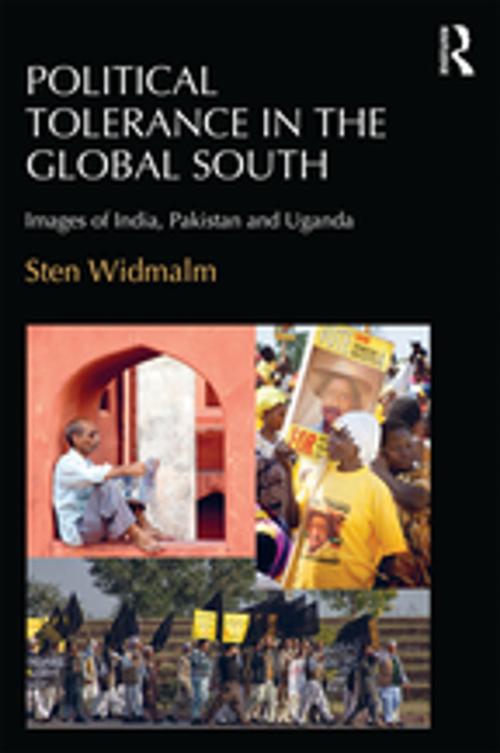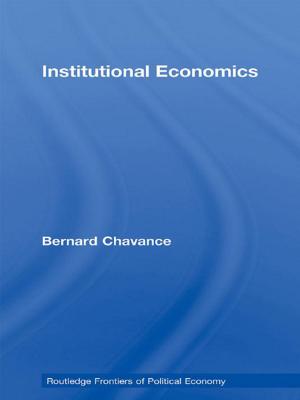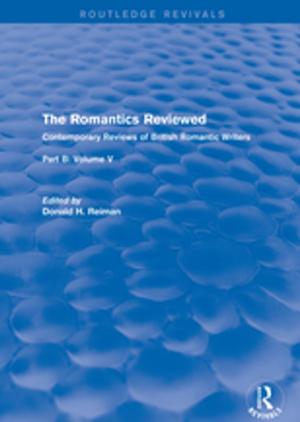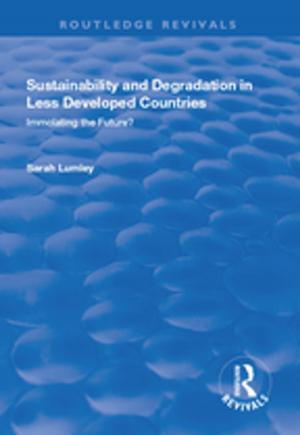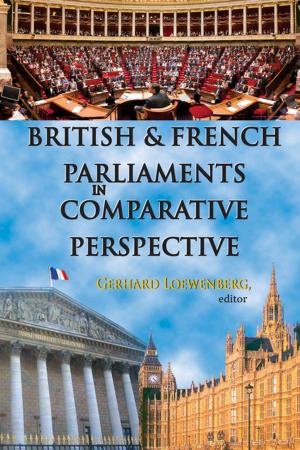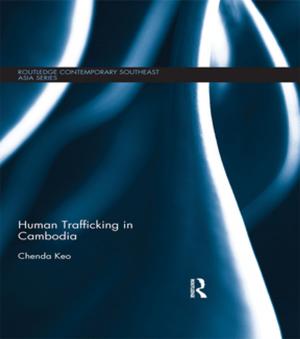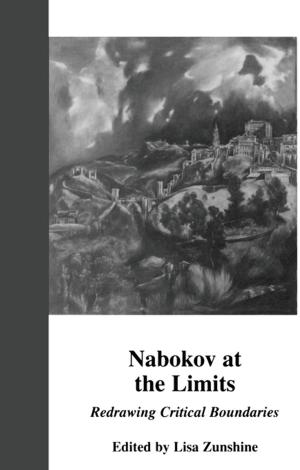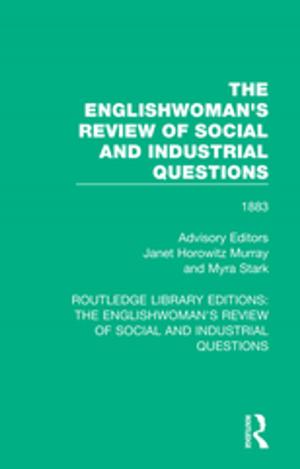Political Tolerance in the Global South
Images of India, Pakistan and Uganda.
Nonfiction, Social & Cultural Studies, Social Science, Sociology, Political Science| Author: | Sten Widmalm | ISBN: | 9781317078630 |
| Publisher: | Taylor and Francis | Publication: | May 5, 2016 |
| Imprint: | Routledge | Language: | English |
| Author: | Sten Widmalm |
| ISBN: | 9781317078630 |
| Publisher: | Taylor and Francis |
| Publication: | May 5, 2016 |
| Imprint: | Routledge |
| Language: | English |
What makes people agree to the extension of political rights to those they clearly dislike? This book moves beyond the extensive research on this question in western contexts to focus on the global south, offering unique empirical studies of political tolerance in plural societies where poverty is prevalent and democratic institutions can often be fragile. Based on extensive data gathered in India, Pakistan and Uganda, this volume offers an account of the factors that shape the foundations of a society and its capacity to be democratic, but where the need for the protection of human rights is great and where the state is either weak or even constitutes a counter-force against the rights of individuals and groups.
Combining large scale survey data with in-depth interviews in each national setting, the author exemplifies the great variation of factors which are related to political tolerance, shedding light on the fundamental patterns existing in the organisation of state-society relations and the ways in which they produce certain results owing to the manner in which the forces of modernisation operate.
A broad and empirically informed study of what shapes the foundations of a democratic society in modernising nations, Political Tolerance in the Global South will appeal to scholars of sociology and political science with interests in democracy, human rights, diversity and tolerance.
What makes people agree to the extension of political rights to those they clearly dislike? This book moves beyond the extensive research on this question in western contexts to focus on the global south, offering unique empirical studies of political tolerance in plural societies where poverty is prevalent and democratic institutions can often be fragile. Based on extensive data gathered in India, Pakistan and Uganda, this volume offers an account of the factors that shape the foundations of a society and its capacity to be democratic, but where the need for the protection of human rights is great and where the state is either weak or even constitutes a counter-force against the rights of individuals and groups.
Combining large scale survey data with in-depth interviews in each national setting, the author exemplifies the great variation of factors which are related to political tolerance, shedding light on the fundamental patterns existing in the organisation of state-society relations and the ways in which they produce certain results owing to the manner in which the forces of modernisation operate.
A broad and empirically informed study of what shapes the foundations of a democratic society in modernising nations, Political Tolerance in the Global South will appeal to scholars of sociology and political science with interests in democracy, human rights, diversity and tolerance.
